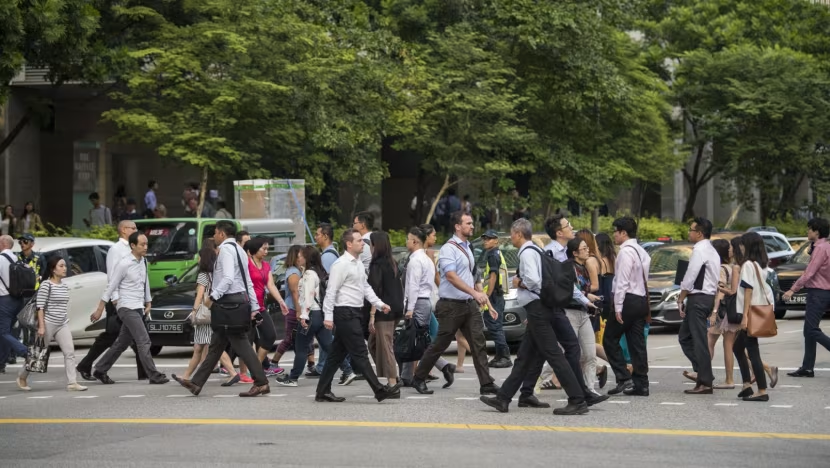Added Sep 19, 2014
The ‘lucky 8’ premium in housing unit prices

Abstract
It is not often that a business school professor gets to quote from a funk music legend, but let me begin with a few words from Stevie Wonder:
When you believe in things that you don't understand,
Then you suffer.
Superstition ain't the way
Three lines from the 1972 hit Superstition sum up a common issue in many cultures. No matter how advanced and rational we might like to think we are, superstition is a practice that remains widespread and has an impact - often detrimental - on our economic lives.
Studies have shown, for example, that many people behave more cautiously when making financial decisions on Friday the 13th than on any other day of the month.
Likewise, many commercial and residential tower blocks in the United States and other countries around the world do not have a 13th floor. Those that do may find they have to offer special discounts to entice tenants.
So do we "suffer"- as Stevie Wonder suggests - financially and economically speaking, as a result of superstition?
Even in countries ranked as highly educated, superstitious practices persist when logic suggests that more rational behaviour brought about by education means they should be swept aside.
In Singapore, for example, ranked among the most highly educated societies in the world, the numbers eight and four still carry particular significance for many in the majority Chinese community. In Chinese culture, eight is traditionally believed to be lucky as it sounds similar to "prosperity", while four - sounding like the word for "death" - is believed to be unlucky.
The Beijing Olympics was a prominent example of this, with the opening ceremony timed to kick off at precisely 8.08pm on the eighth of the eighth month, 2008.
Given the essential role of well-functioning asset markets in economic development, it is also important to gauge the impact, if any, that superstition has on those markets.
For example, if superstitious beliefs affect price signals, the allocation of resources may be distorted, with negative implications for welfare and economic growth.
One recent academic study, for example, examined initial public offerings (IPOs) on the Shenzhen and Shanghai stock exchanges in China between 1991 and 2005, where listed companies are identified by a numerical code.
The study found that, consistent with Chinese superstition over the numbers eight and four, newly listed, ostensibly "lucky" shares (that is, with codes that included at least one lucky digit and no unlucky digit) initially traded at a premium.
That "luck", however, was found not to be permanent, with the premium dissipating within three years.
As for Singapore, studying the effect of superstition on housing prices in the city offers a good case for measuring the magnitude and economic impact of superstitious practices.
In our research, we examined how traditional perceptions of lucky and unlucky numbers - eights and fours - affect new sales in the city's housing market.
Looking at data from almost 50,000 transactions between 2000 and 2009 on the private high-rise real estate market, we found that relatively fewer Chinese Singaporeans bought units on floors ending with four.
Moreover, on a per sq m basis, units with numbers ending in four were discounted by 1.1 per cent and units located on the fourth floor were discounted by 0.5 per cent.
Conversely, units with numbers ending in eight commanded a 0.9 per cent premium.
Additionally, the data indicated that preference for lucky numbers might be seen as a "luxury", with the premium for units ending with a "lucky" eight higher in the more expensive parts of Singapore.
And there was some evidence that home buyers behaved more superstitiously in times of economic troubles, with the premium for "lucky" units higher during times of slowing growth or volatility.
This would support the theory that people rely more on superstition when facing uncertainty.
So do these "lucky" residences pay off for their owners?
Well, perhaps unsurprisingly, our data showed that living in a "lucky" apartment had zero effect on the likelihood of their residents being involved in a car accident.
Indeed, the probability of them having such a misfortune was no different from that of those residing in "unlucky" numbered apartments.
At the same time, looking at selected insurance data, our research found that, overall, Chinese living in units ending with the "lucky" eight bought relatively less insurance coverage.
This raises a significant real consequence of superstition, with these home owners exposing themselves to the risk that they would be inadequately covered in the event of fire or theft.
There are, of course, other factors that might influence the premium placed on so-called "lucky" units, not least that of conspicuous consumption.
We see this in the high prices paid for lucky car licence plates, for example, as a way to show off wealth.
Nonetheless, our research clearly shows that superstitious practices remain influential even in advanced economies such as Singapore.

Newsletter
Subscribe to my newsletter for new updates!




